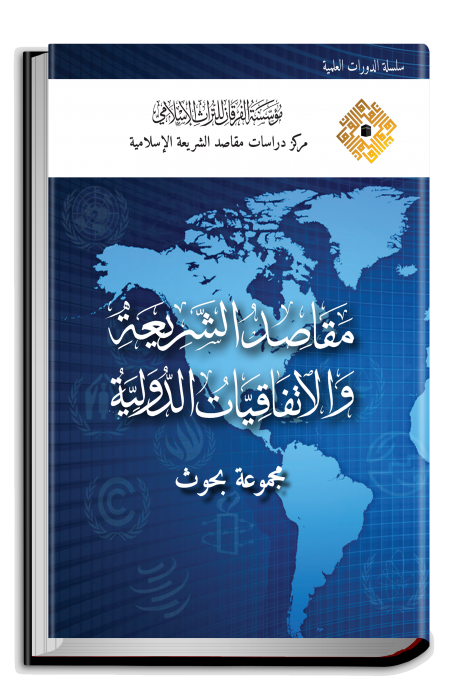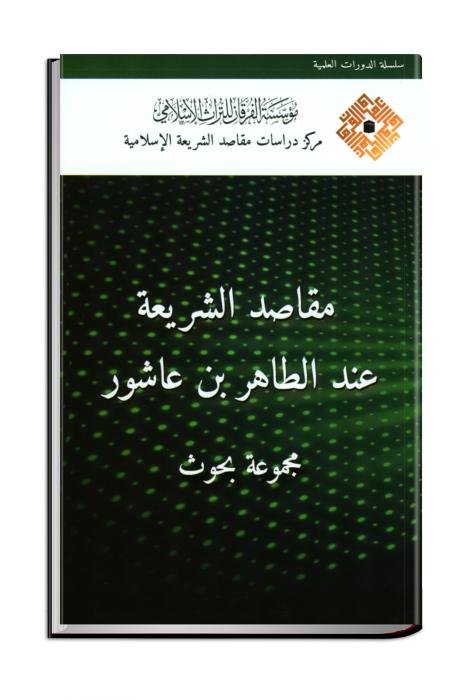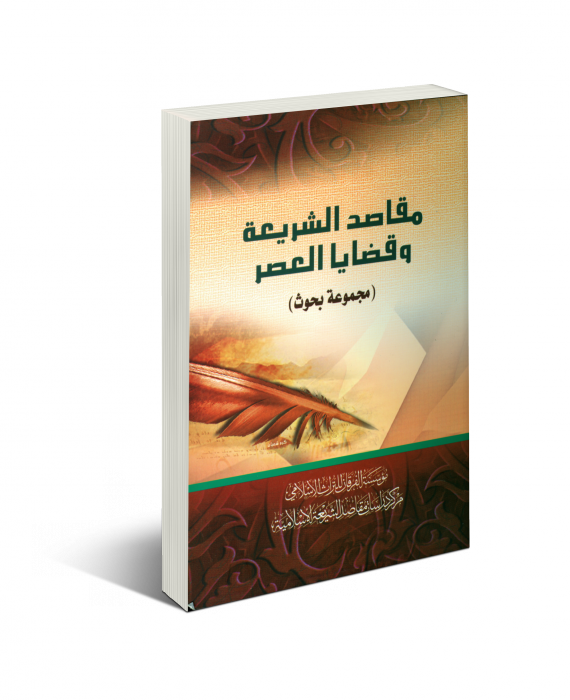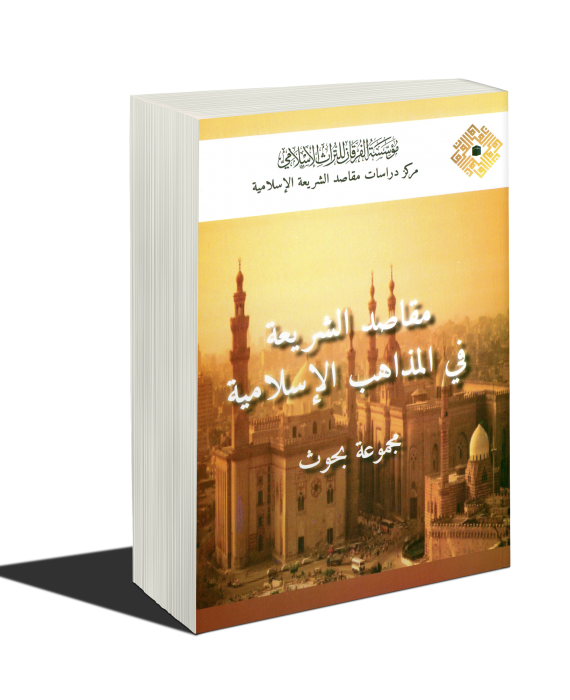This book includes the proceedings of the Seventh Training Course organised by the Centre for the Study of the Philosophy of Islamic Law at Al-Furqān Islamic Heritage Foundation in co-operation with the Alexandria Centre for Arbitration and Legal and Economic Services at the Faculty of Law, University of Alexandria, under the title “The Objectives of Islamic Law and the International Conventions”. The purpose of this comprehensive study is to lay the foundations for a systematic maqāṣidī approach (an approach based on the objectives of Islamic law) to local and international challenges, taking into consideration that the maqāṣidī approach could provide a suitable and well informed articulation of Islamic juridical positions towards international agreements. The papers presented in this training course dealt with a number of international conventions and treaties. They examined the human rights and their underlying principals as found within both the Sharīʿah and international agreements; the articles of international trade agreements, critiqued from a maqāṣidī perspective (a perspective based on the objectives of Islamic law), with careful consideration given to the ramification of each and the extent by which they served the interests of Muslim countries and whether such interests fell within the framework of a maqāṣidī philosophy (a philosophy based on the objectives of Islamic law); the work being conducted by the International Criminal Court from an Islamic Sharīʿah perspective, the juridical opinion towards entering into agreements related to this institution and the Islamic ruling towards the crimes that fall within the area of competence of this Court; the place of Islamic Sharīʿah in international law – Sharīʿah being the third source for such law; agreements related to the non-proliferation of nuclear armaments from the view point of the protection of individuals and their wealth, two key elements of maqāṣidī (objectives of Islamic law); a maqāṣidī reading of the Egyptian-Israeli Peace Agreement, including study of its articles, the reasons for its instatement and the strategic change that it brought about; the place of environmental protection in light of Islamic Sharīʿah and the maqāṣidī dimension of such protection; as well as a number of maqāṣidī studies (objectives of Islamic law) from the publication Al-Dalīl al-Irshādī, which provided methods to legitimately reconcile Islamic laws with international agreements in areas of human rights, women issues, minority challenges, intellectual property, trade agreements and agreements pertaining to environmental protection.
 Shared Knowledge
Shared Knowledge


 The Objectives of Sharīʿah in al-Ṭāhir bin ʿAshūr’s Thoughts (Research articles)
The Objectives of Sharīʿah in al-Ṭāhir bin ʿAshūr’s Thoughts (Research articles) Purposes of the Islamic Law and Contemporary Issues (Research articles)
Purposes of the Islamic Law and Contemporary Issues (Research articles) Purposes of the Sharīʿah in the Schools of Islamic Law (Research articles)
Purposes of the Sharīʿah in the Schools of Islamic Law (Research articles)